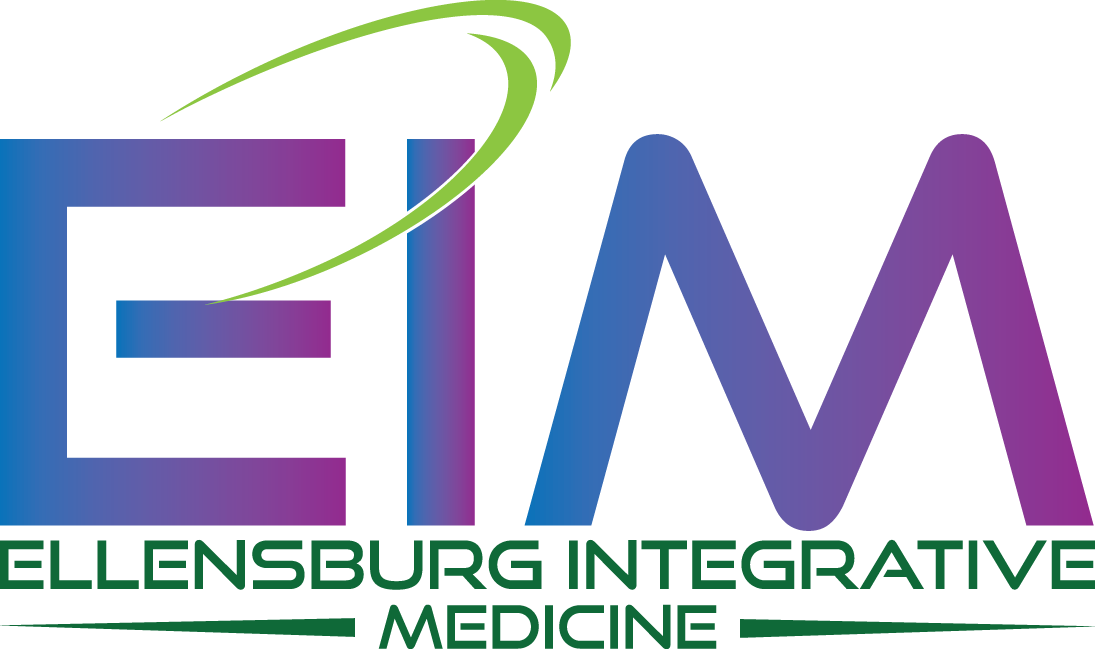Often referred to as a “sinful indulgence,” chocolate is usually not thought of as a healthy food choice. However, in the last 20-30 years, there has been growing evidence that there are indeed health benefits associated with chocolate consumption! Let’s take a closer look!
Chocolate is made from tropical Theobroma cacao tree seeds. The earliest use of chocolate dates back to the Olmec civilization in Mesoamerica (1200 – 400 B.C.E.), the precursor to the Mayan and Aztec cultures (currently the states of Veracruz and Tabasco). Following the 15th/16th centuries, chocolate became extremely popular in Europe. Today, millions indulge daily on this unique, rich, and sweet-tasting food with the average American consuming around 4.5 kg (close to 10 pounds) per year!
So what is it in chocolate that makes it so good? The answer includes its richness in flavonoids and flavanols (such as anthocyanidin and epicatechins). In general, the darker the chocolate, the greater the amount of flavonoids and flavanols. These substances are thought to have antioxidant properties, which help neutralize free radicals—nasty things that can damage cells all over the body. Inflammation as well as pollution, UV exposure, and cigarette smoke all increase free radical production. This leads to oxidative stress, which is closely associated with heart disease, cancer, arthritis, stroke, immune deficiency, and more!
Studies have shown that chocolate can reduce both blood pressure and the chance for stroke! Cocoa flavanols are reportedly helpful in reducing inflammation and relaxing blood vessels, which lowers blood pressure, lowers total cholesterol, and increases the “good guy blood fat” or high-density lipoproteins (HDLs). All of this adds up to a reduced risk of heart disease and stroke!
A study published in 2012 looked at the association between chocolate consumption and the risk of stroke in a population of over 30,000 men in Sweden over a ten-year time frame. They found that moderate consumption of chocolate may lower the risk of stroke—“moderate” meaning about 63 grams/week (there are about 43 grams of chocolate in an average chocolate bar). Another study found that fruits and vegetables also lower the risk of stroke as did drinking four cups of black tea per day.
Getting back to chocolate, there may also be a link between eating chocolate and improved cognitive (brain) function. So not only is it smart to eat chocolate, but it may also MAKE YOU SMARTER! This correlates well with an association between dementia prevention and chocolate consumption. Harvard Medical School scientists suggest that two cups of hot chocolate a day may keep the brain healthy and prevent memory decline in older people. Another active ingredient in chocolate is lavado, in which a 2014 study found may reduce or block damage to nerve pathways found in Alzheimer’s disease patients.
Of course, there are “down sides” to eating chocolate. One is the sugar and calorie issue with the negative side effects of obesity, tooth decay, and diabetes. Another is an increased risk of forming calcium oxalate kidney stones, as chocolate / cocoa are high in oxalate. To gain the benefits of cocoa without the worry of sugar and calories, you can purchase cocoa-rich powders and supplements that can be added to beverages. So ENJOY your chocolate, but remember moderation, like in so many other things in life, is “KEY!”
Ellensburg Integrative Medicine offers Regenerative Therapy, Physiotherapy, Holistic Medicine and Chiropractic Care in the Ellensburg area. Our healthcare providers work closely with patients to create treatment plans unique to each individual’s needs. Schedule a consultation today to discuss a treatment plan for you!

